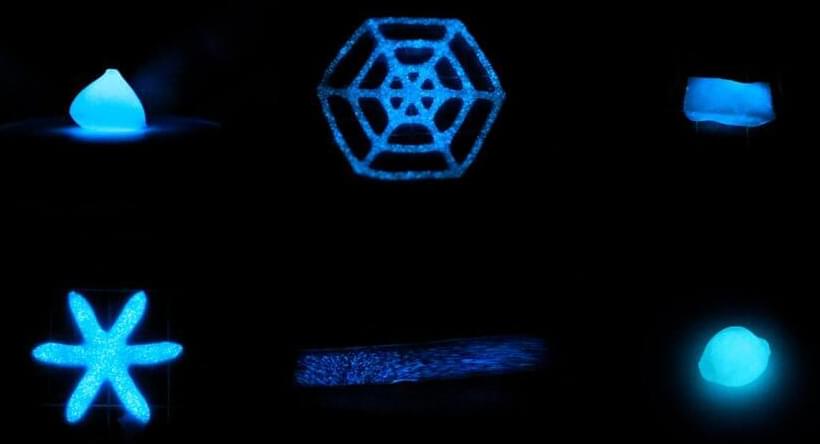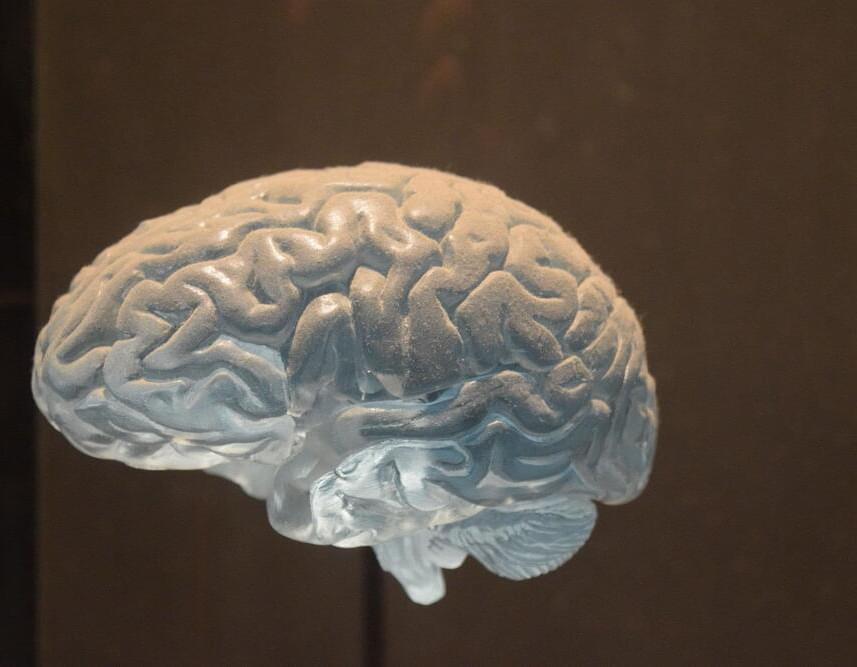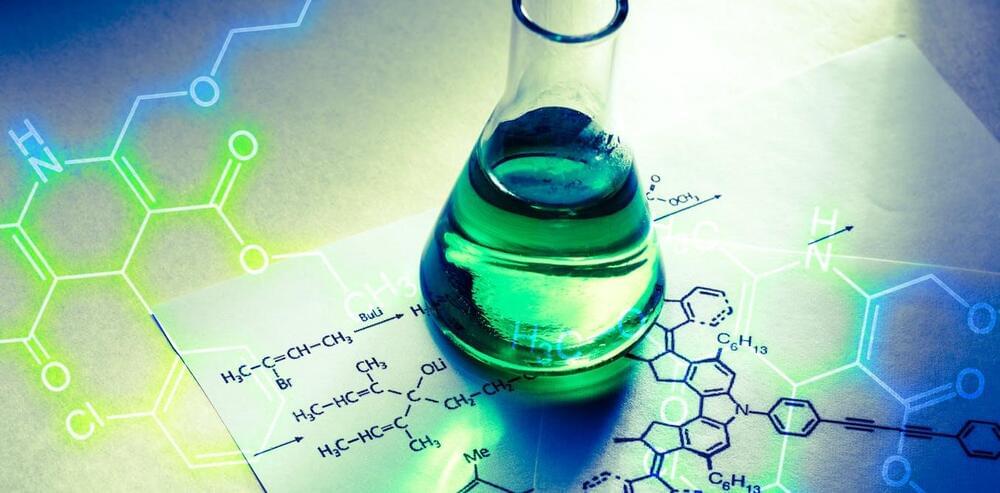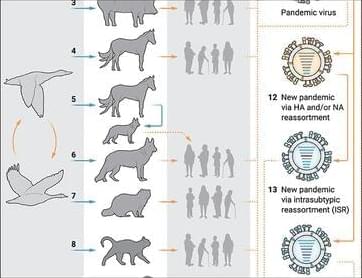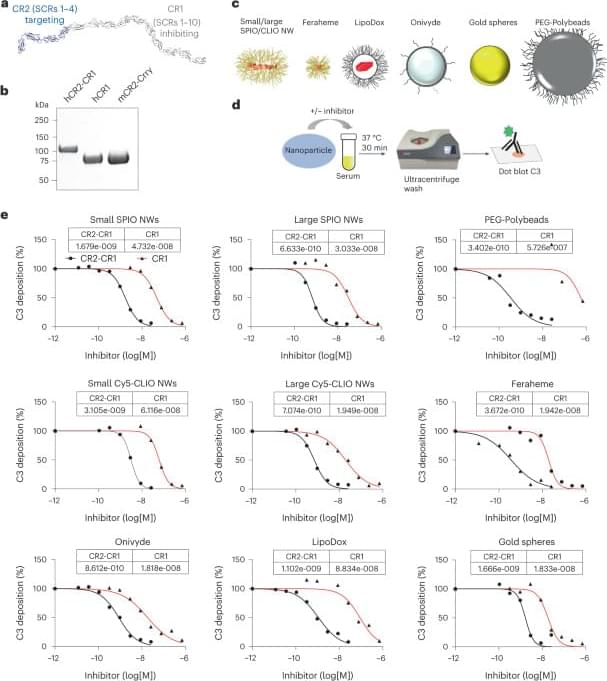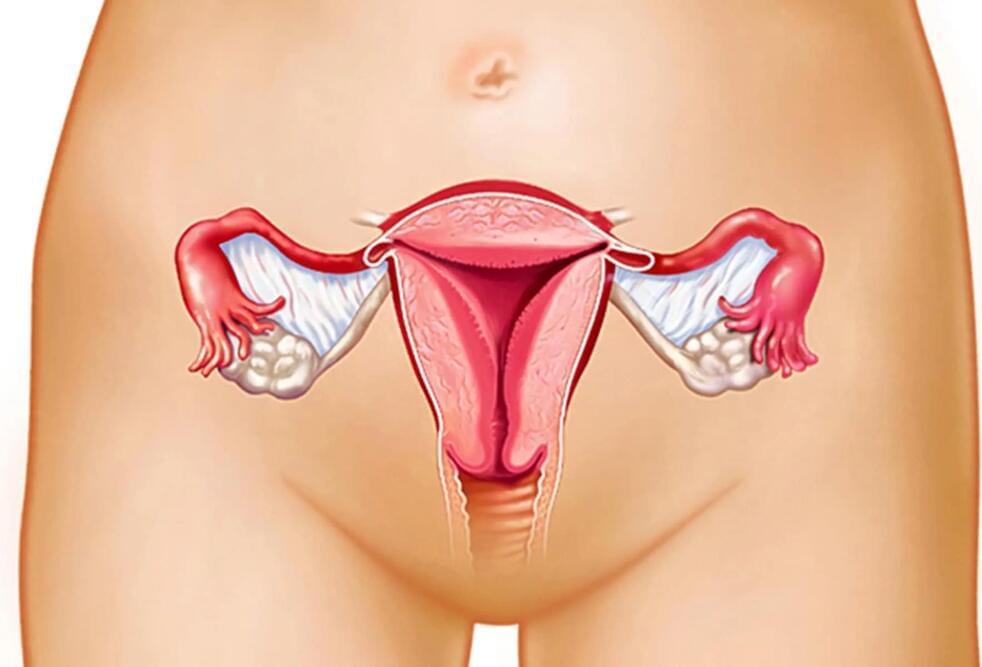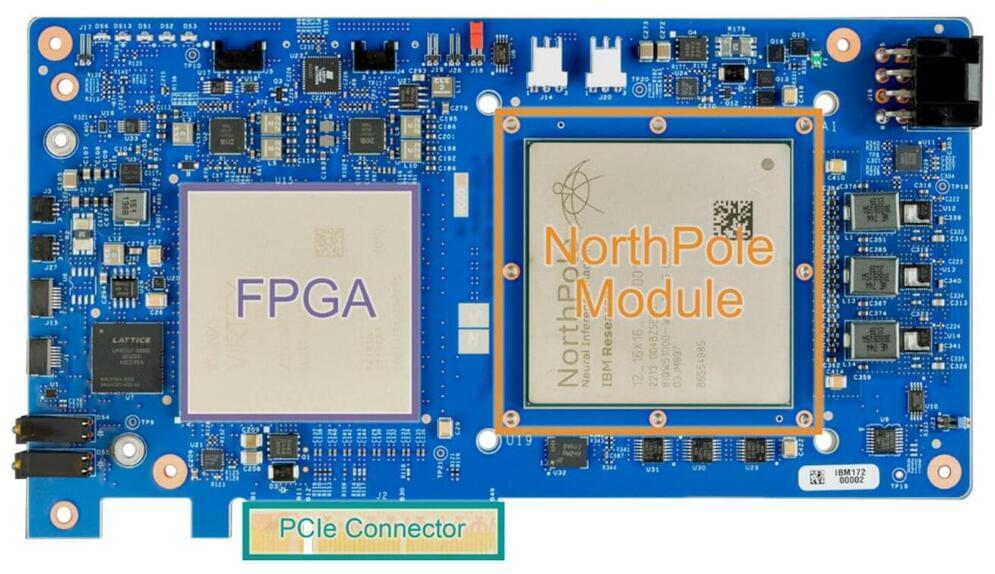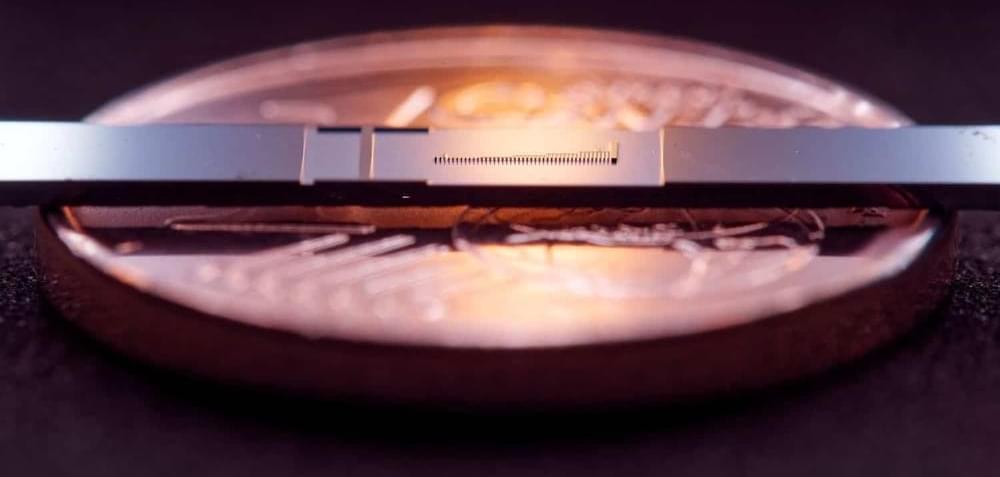Oct 21, 2023
Soft, living materials made with algae glow under stress
Posted by Saúl Morales Rodriguéz in categories: engineering, materials
A team of researchers led by the University of California San Diego has developed soft yet durable materials that glow in response to mechanical stress, such as compression, stretching or twisting. The materials derive their luminescence from single-celled algae known as dinoflagellates.
The work, inspired by the bioluminescent waves observed during red tide events at San Diego’s beaches, was published Oct. 20 in Science Advances.
“An exciting feature of these materials is their inherent simplicity—they need no electronics, no external power source,” said study senior author Shengqiang Cai, a professor of mechanical and aerospace engineering at the UC San Diego Jacobs School of Engineering. “We demonstrate how we can harness the power of nature to directly convert mechanical stimuli into light emission.”
